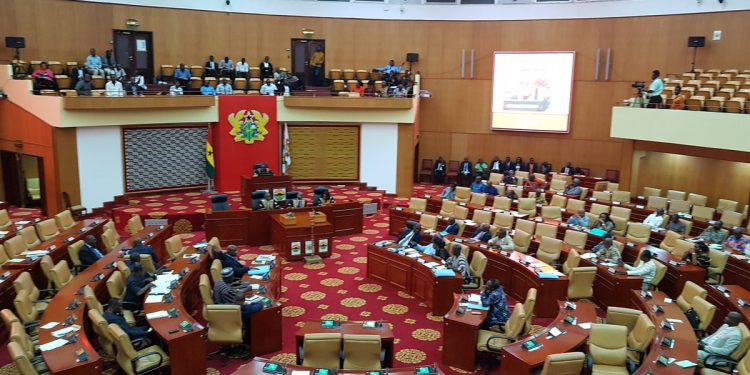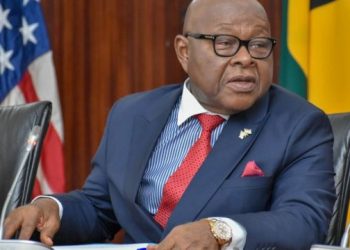The approval was given via a voice vote administered by the speaker, Alban Kingsford Sumana Bagbin on Tuesday December, 6th 2022, after each of the two leaders were given about 45 minutes to conclude their debates on the same day and of course the Minority Leader, Haruna Iddrisu has spoken heavily against some the new taxes proposed and reproduction old taxes like the toll both levies.
He kicked against the increase in the VAT rate by 2.5 and the review of the E-Levy from 1.5% to one percent (1%) of every transaction.
But the Majority leader Osei Kye-Mensah-Bonso refuted many of the claims made by the Minority and called for cool heads to prevail in order to support the finance minister and the Government to fully implement policy measures as captured in the budget to put the economy back on track.
Some of the measures the Minister has proposed include but not limited to boosting local productive capacity to restore the economy are to cut the imports of public sector institutions that rely on imports either for inputs or consumption by 50% and will work with the Ghana Audit Service and the Internal Audit Agency to ensure compliance; Support the aggressive production of strategic substitutes, including the list disclosed at the President’s last address to the nation;
Support large-scale agriculture and agribusiness interventions through the Development Bank Ghana and ADB Bank; introduce policies for the protection and incubation of newly formed domestic industries to allow them to make the goods produced here competitive for local consumption and also for exports.
He also proposed to promote exports by expanding production capacity in the real sector of the economy and actively encouraging the consumption of locally produced rice, poultry, vegetable oil and fruit juices, ceramic tiles among others.
He has in the 2023 budget to implement structural and public sector reform, by imposing a debt limit on non-concessional financing; Undertake major structural reforms in the Public Sector by reviewing the operations of 36 State-owned Enterprises, 8 Special Purpose Vehicles, 90 Joint Venture Companies, 38 Regulatory institutions, 68 Statutory Bodies and 6 Subvented Agencies;
Enforce compliance with the legal and regulatory framework on foreign exchange; Initiate measures to overhaul the tax structures in the extractive industry; Expand the gold purchase programme by the Bank of Ghana to support FX Reserve accumulation, promote an LBMA-certified gold refinery in Ghana and promote local currency stability.










Discussion about this post